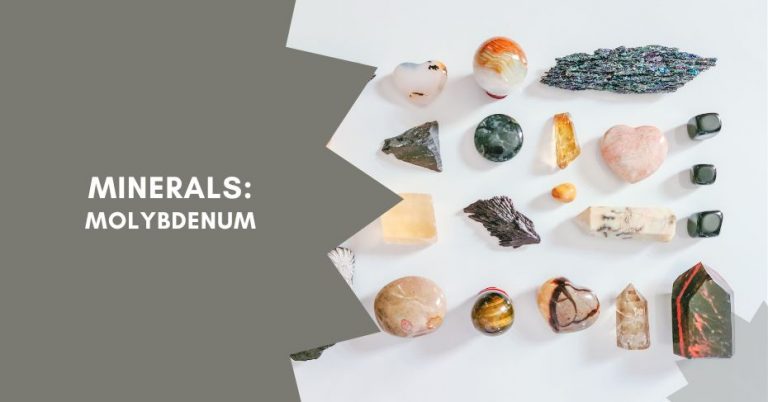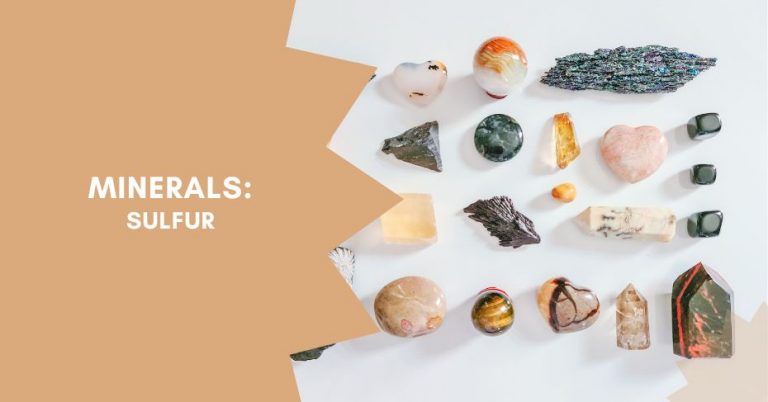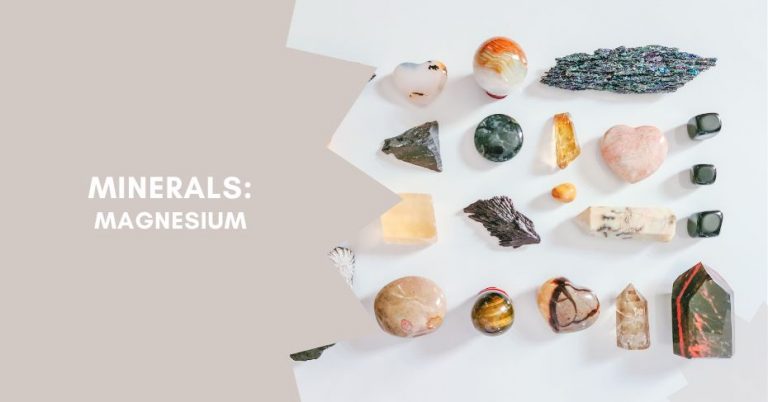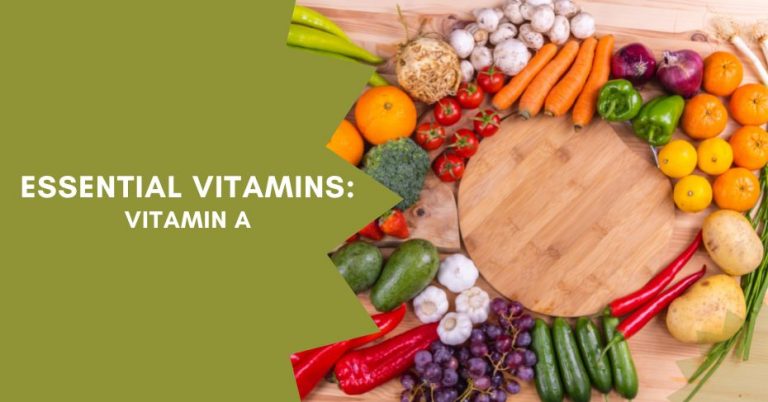Vitamin D is an essential nutrient that helps the body absorb minerals like calcium and phosphorus. It also helps support normal growth and development, as well as a healthy immune system. Unfortunately, many people do not get enough vitamin D in their diets—but why? Let’s take a look at why vitamin D is so important and how to make sure you are getting enough of it.
What Is Vitamin D?
Vitamin D is a fat-soluble vitamin that is naturally present in certain foods. It can also be synthesized by the body when exposed to sunlight. This means that it is available in both food and sun exposure sources, making it easy to get enough vitamin D for most people. In addition, fortified foods such as milk, orange juice, soy milk, and some cereals contain added vitamin D.
What Are the Benefits of Vitamin D?
Vitamin D plays an important role in overall health; it helps regulate calcium levels in the body which leads to strong bones and teeth; it also boosts immunity by helping the body fight off infections; finally, there is growing evidence that suggests that higher levels of vitamin D can help reduce the risk of certain cancers and autoimmune diseases such as multiple sclerosis. Additionally, studies suggest that moderate amounts of sunlight can help improve mood and reduce stress levels.
How Much Vitamin D Do We Need?
How much vitamin D you need depends on several factors including age and lifestyle habits (i.e., how much time you spend outdoors). Generally speaking, adults should aim for 600 IU (international units) per day while children should aim for 400 IU per day. However, if you are pregnant or breastfeeding you will need more—between 800-1000 IU per day—so be sure to speak with your doctor about what’s best for you.
How Can I Get Enough Vitamin D?
The easiest way to ensure you are getting enough vitamin D is through sun exposure (without sunscreen), which allows your skin to produce its own natural supply of this essential nutrient. However, if you don’t have access to adequate amounts of sunlight or prefer dietary sources, then try eating foods like fatty fish such as salmon or tuna (canned or fresh), egg yolks, mushrooms, fortified dairy products (or other products) with added vitamin d, or taking a daily supplement if necessary.
Bottom Line
Vitamin D plays an important role in overall health and wellness; it helps the body absorb minerals like calcium and phosphorus while boosting immunity and even potentially reducing your risk for certain cancers or autoimmune diseases depending on your intake level. To ensure you are getting enough vitamin d from either dietary sources or from sun exposure without sunscreen – try eating more fatty fish (canned or fresh), eggs yolk, mushrooms or fortified dairy products with added vitamins; alternatively take a daily supplement if needed! With proper knowledge about this essential nutrient we can all ensure our bodies get what they need for optimal health!





